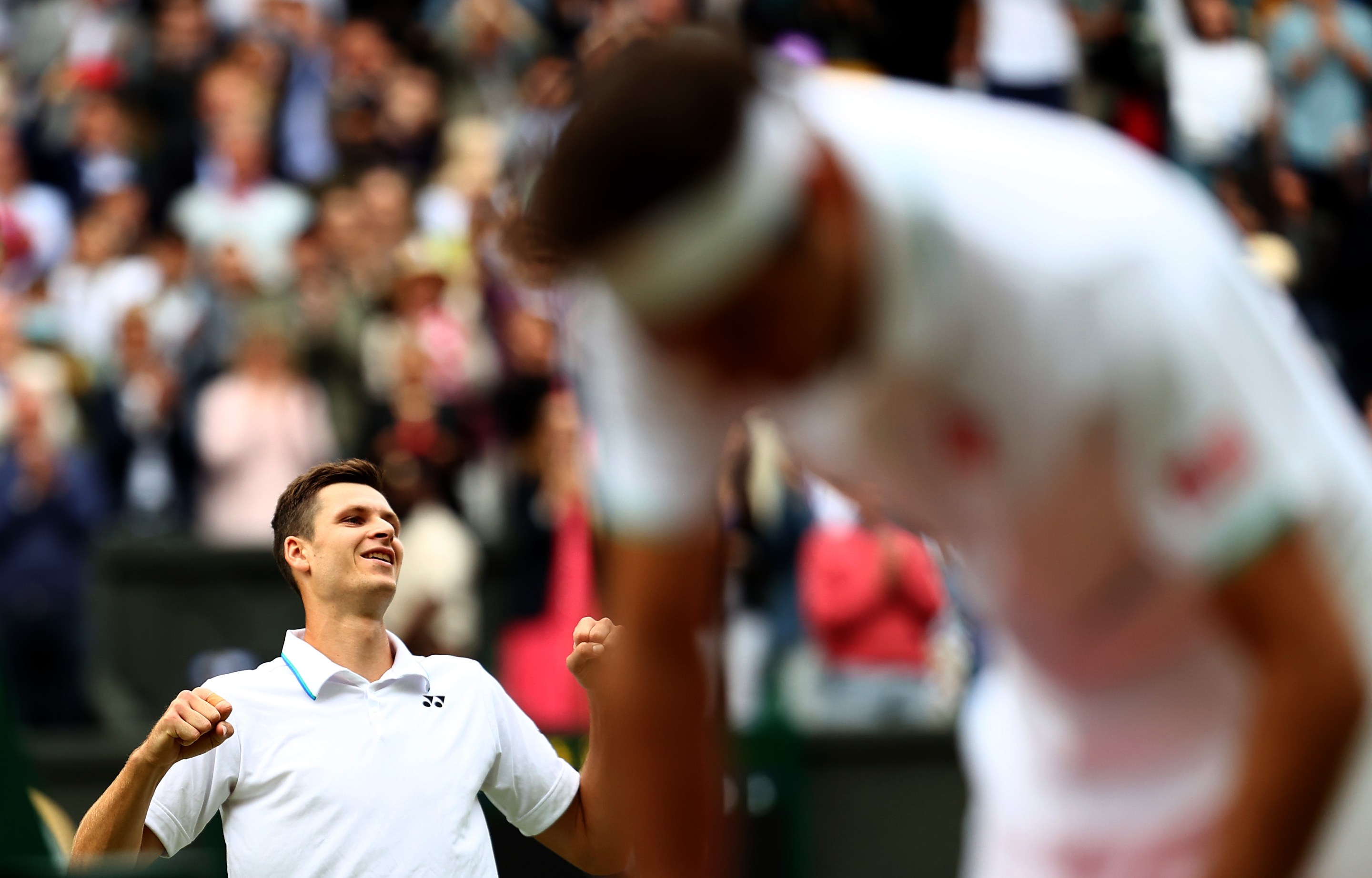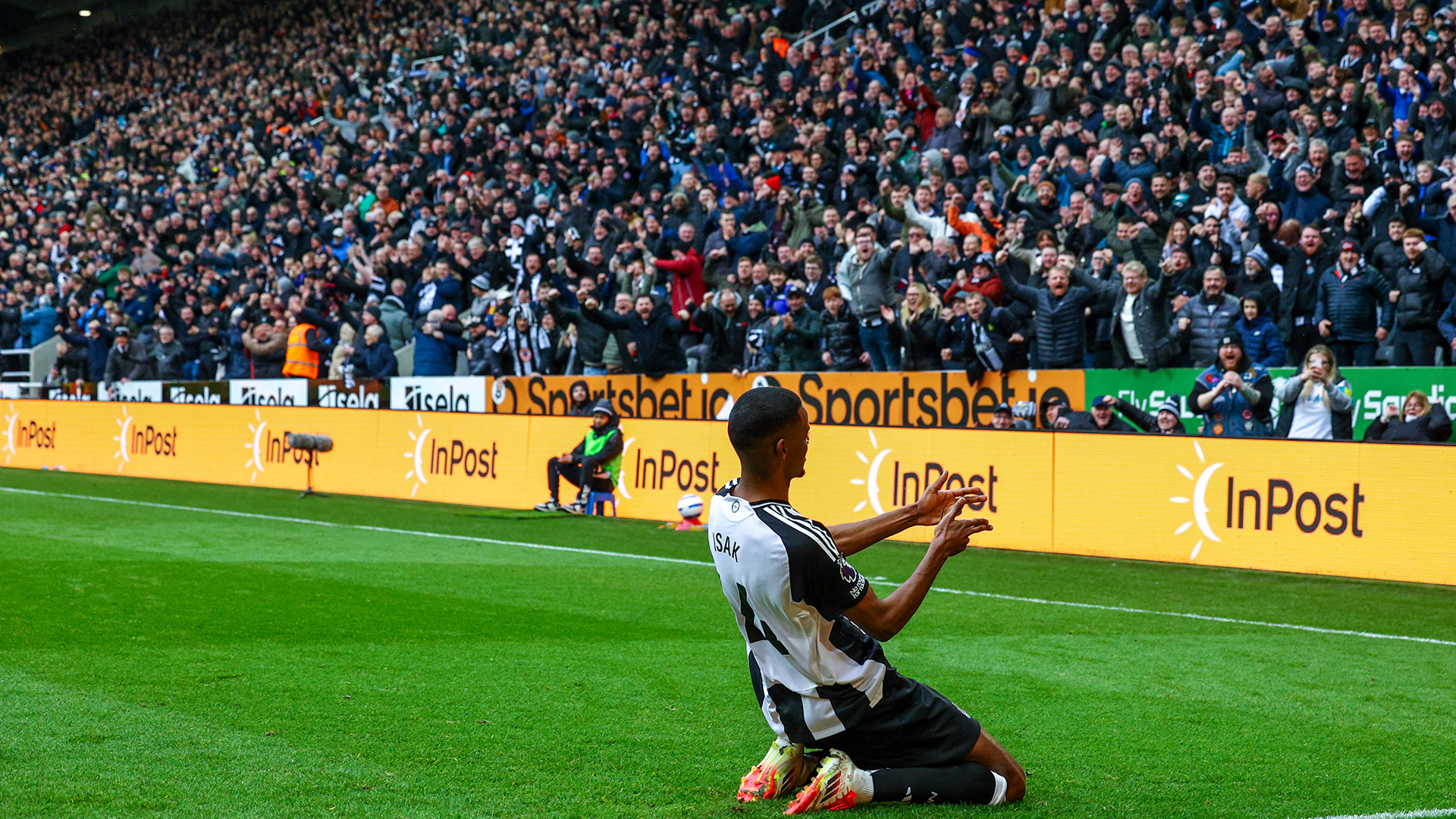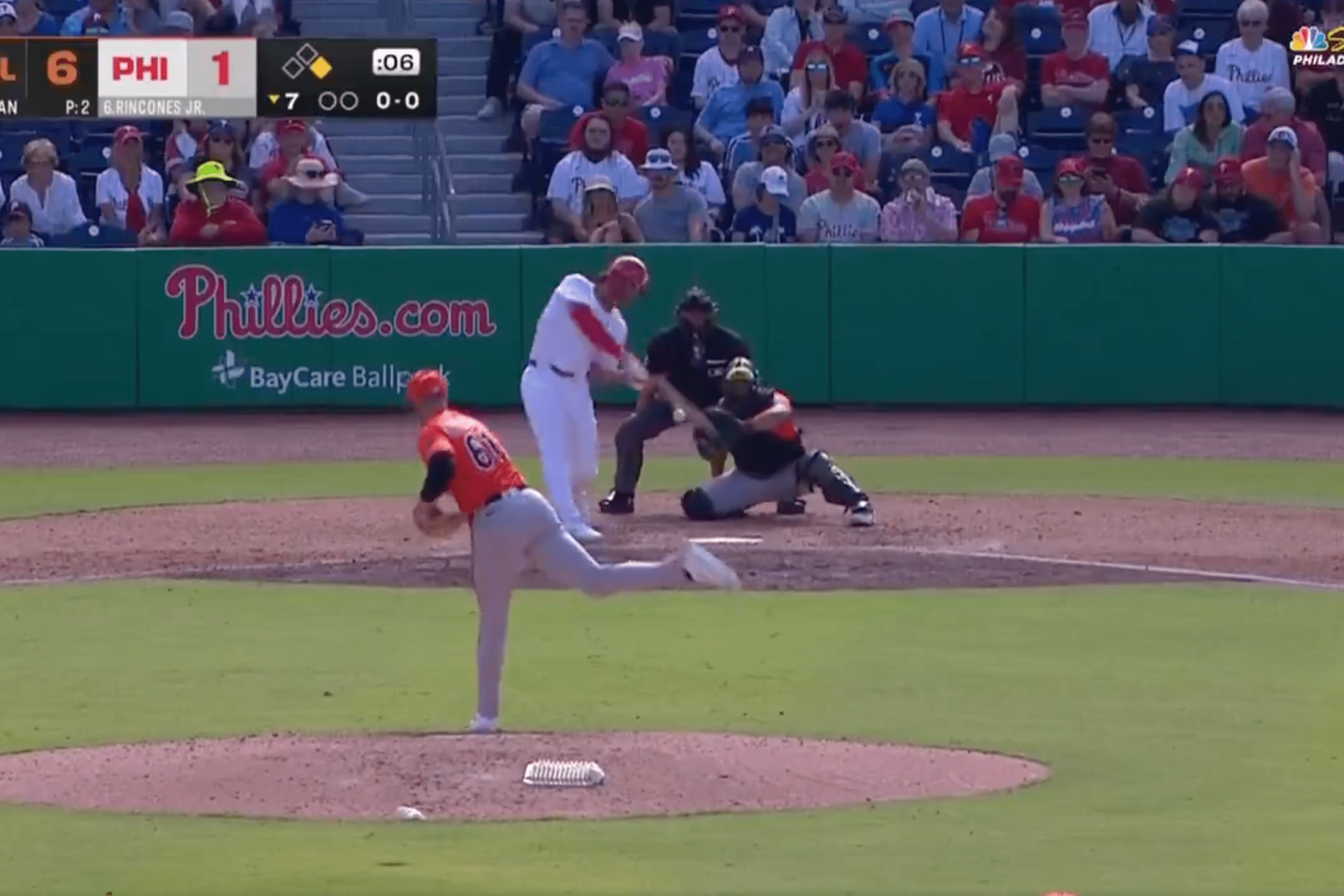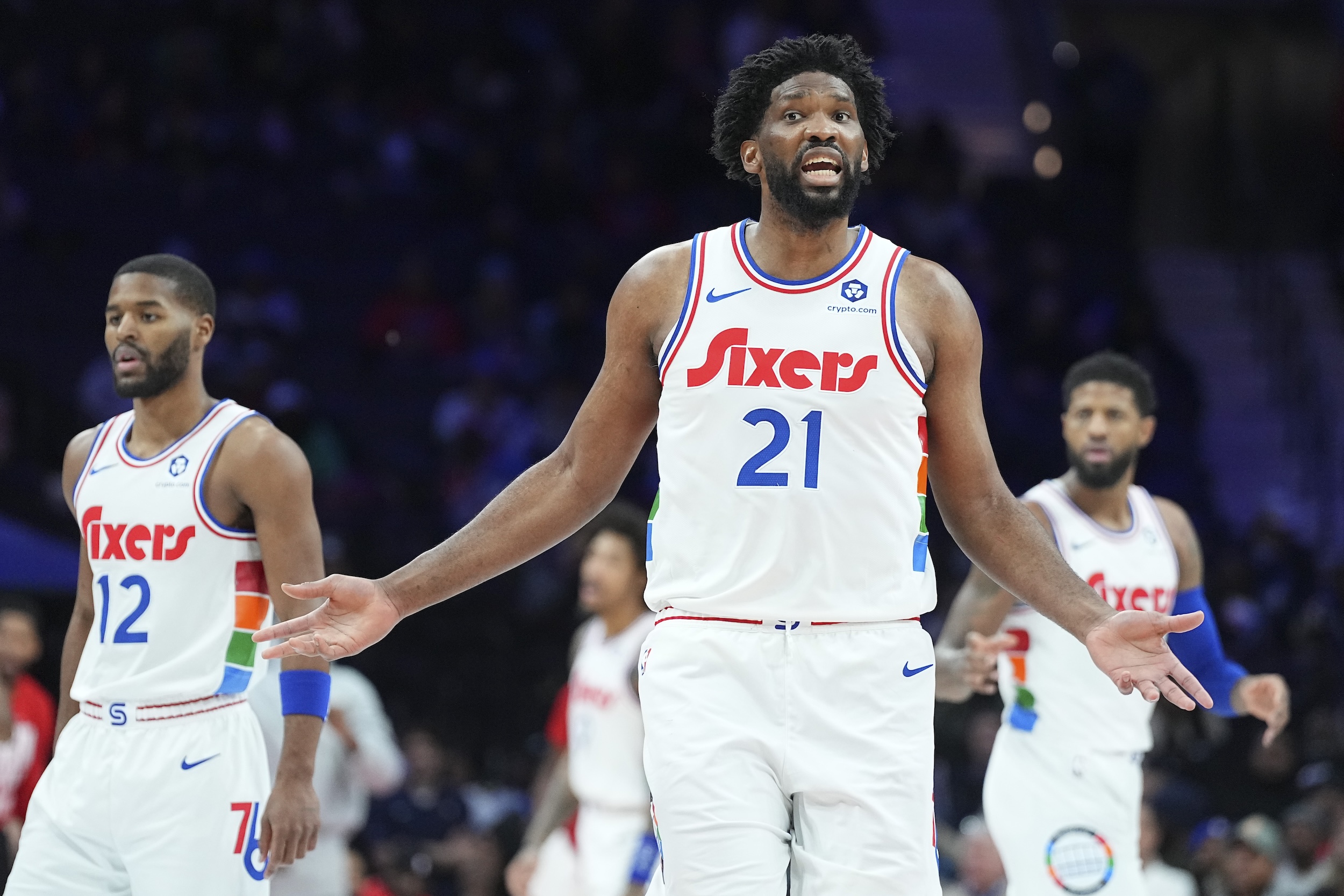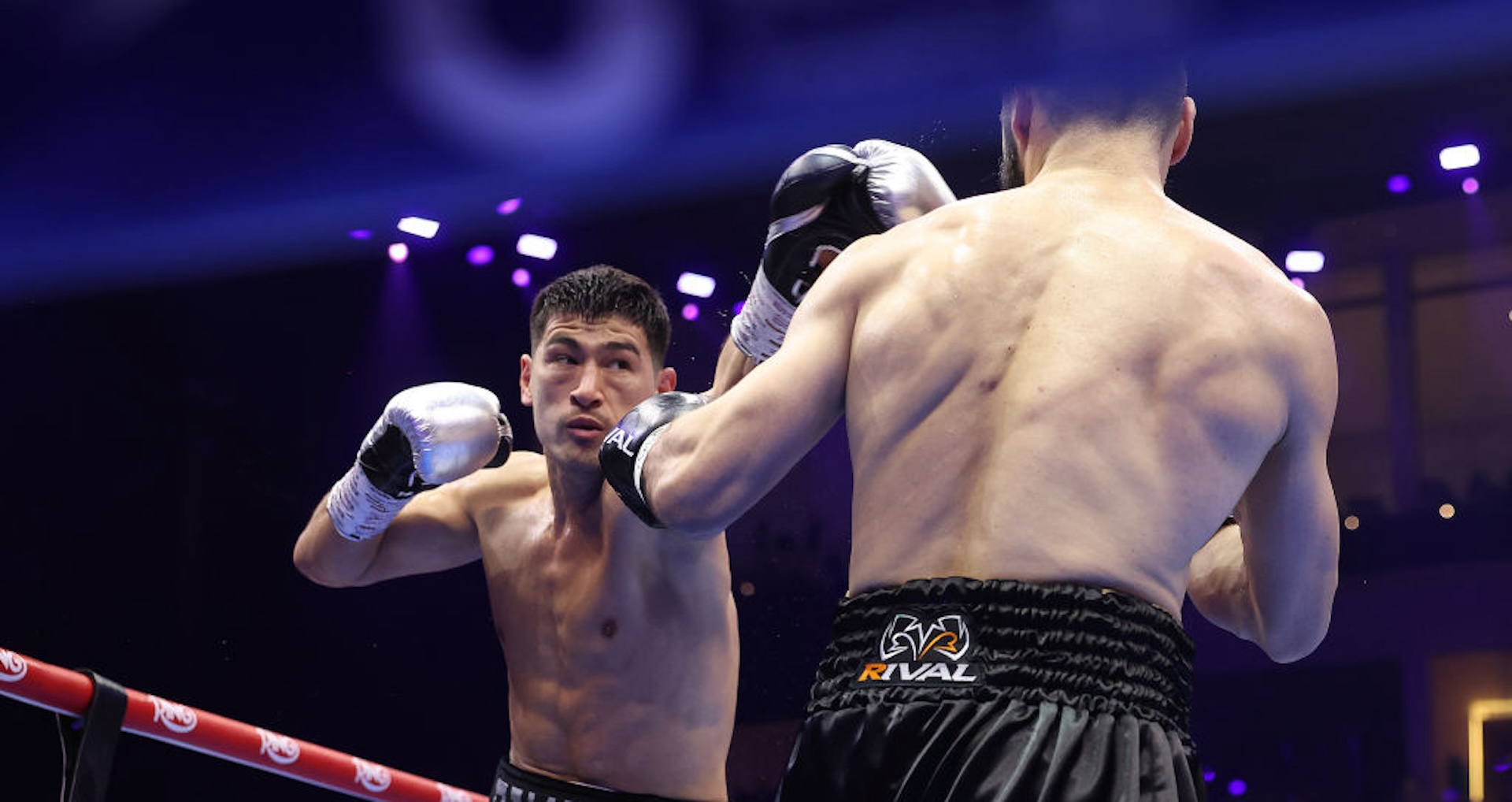Before his current Wimbledon run, Hubert Hurkacz spent this year wandering between the apex and nadir of professional tennis. South Florida offered all the highs. To start off the season, Hurkacz won the title at Delray Beach. In late March, he maxed out his potential at the Miami Open, taking down the No. 2 seed Stefanos Tsitsipas, No. 4 seed Andrey Rublev, and No. 6 seed Denis Shapovalov en route to a trophy. His game—a blend of 6-foot-5 size, flat groundstrokes, craft and bravery in the forecourt—never looked better than it did over that title run. Not long after claiming one of the biggest prizes in the sport, Hurkacz showed up to a post-match press conference in Monte Carlo. But did anyone show up to see him?
If only every press conference were this easy, eh @HubertHurkacz? 😉
— Tennis TV (@TennisTV) April 13, 2021
cc every tennis player ever pic.twitter.com/rJ8PPvtAni
That was right about when Hubie hit some lows, all over western Europe, from April to June. He lost six matches straight: all over clay, in Monte Carlo, Madrid, and Rome, and at Roland Garros; then on grass in Halle and Stuttgart. Some of these opponents, like Felix Auger-Aliassime, were of comparable skill, but Hurkacz also lost to the world No. 154 and No. 335 during his skid. At no point in his pro career had the 24-year-old dropped six matches in a row; he last lost five in a row in August 2017, when he was still grinding on the Challenger circuit. Certainly nothing in this putrid span suggested that Hurkacz would soon find himself in a quarterfinal delivering Roger Federer his first-ever bagel set at Wimbledon. But there he was today, doing exactly that as he beat the eight-time champ 6-3, 7-6(4), 6-0. Everyone on Centre Court will now be hearing from Hubert Hurkacz, whether they like it or not. They will look at that charming smile as says "super-special" a whole bunch.
Off the top of my head, I cannot think of a time when Federer has looked worse on a tennis court. Specific passages of his waterlogged 2018 U.S. Open loss to John Millman, or his janky escape from Tennys Sandgren at the 2020 Australian Open come to mind, but even those don't look like the final set of this defeat, in which Federer shanked routine shots in neutral rallies. His most extraordinary qualities as an athlete briefly seemed sub-ordinary. His footwork was unsteady—notably, he slipped during an easy putaway smash in the second set tiebreak—and his timing on the ball was all askew. You'll never catch me reading retirement from a major quarterfinal run, but this was the reality of watching a 39-year-old returning from knee surgery to check his level at his favorite tournament. While Federer said returning to Centre Court was a motivation for his rehabilitation, he has yet to decide what comes next for his career, and whether or not that will involve this month's Olympics, to say nothing of next year's Wimbledon.
Hurkacz, meanwhile, has some encouraging results to build on. He took out a spotty second-seeded Daniil Medvedev in the fourth round, just became the first man since 2002 to beat Federer in three sets at Wimbledon, and now looks ahead to a winnable semifinal matchup against Matteo Berrettini. Hurkacz had only once before reached the third round of a major, but as an all-court player who can hold down his serve, carve up a neat drop shot, and take care of business at the net, he might have stumbled onto some courts perfectly suited to his game. Any questions?
